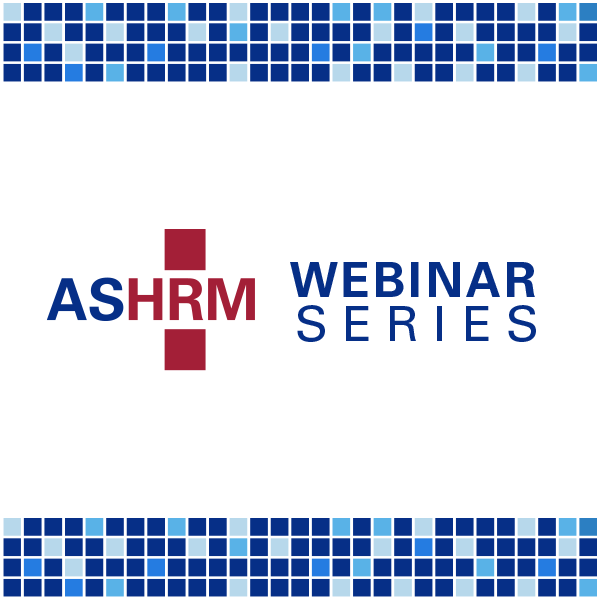Correctional Health Care Risks, Trends and Safety Concerns
ASHRM CE Credit: 1
Balancing public safety and patient safety: the challenging health care needs of people in prisons, jails, and on probation or parole.
Individuals in the correctional system present hospitals and health care providers with both unique patient safety challenges and significant public health opportunities. It is estimated that as many as 64% of people in jails have mental health concerns, including serious mental illnesses, suicidal ideations, substance use disorders (especially opioid use disorder), and other undiagnosed medical conditions. Incarcerated women, with significant medical needs, have emerged as the fastest-growing incarcerated population in the US, increasing by more than 750% between 1980 and 2017. Most have substance use disorders, histories of abuse or trauma, many are pregnant or mothers with small children. The 8th Amendment, which prohibits cruel and unusual punishment, has been used to help enforce the constitutional rights of pre-trial detainees and sentenced offenders to adequate health care. Jails and prisons were designed for public safety, not for the provision of mental and medical care. Therefore, hospitals and health systems need to understand their unique role in the overall public health of their communities and how to address the unique patient safety vulnerabilities while treating incarcerated patients.
Learning Obectives:
- • Understand the constitutional right of incarcerated individuals to health care.
- • Identify common adverse events in the correctional system that lead to litigation against health care providers.
- • Highlight a prime opportunity for boosting public health outcomes in the community.
| Product Code | 32201OD24 |
| ASHRM CE Credits | 1.0 |
| CNE Credits | 1.0 |
| Domain | Clinical Patient Safety |
| Level - Foundational (F), Practitioner (P), Advanced (A) | F |
| Publication Date | 3/12/24 |
| Next Review | 7/1/25 |
| Credit Expires | 7/1/26 |
For questions regarding this webinar, contact ASHRMEd@aha.org
Speaker Bio
Michelle Foster Earle has more than 20 years of experience in health care risk management. Before founding OmniSure in August of 2000, Michelle was an executive in post-acute care and operations. Under her leadership, OmniSure Consulting Group has become the clinical risk services partner for some of the leading Healthcare Professional Liability Insurers in the US and London. OmniSure is contracted by carriers to assist hospitals, medical facilities, allied health care organizations, medical practices and individual health care professionals reduce risk, prevent losses, improve patient outcomes, stay in compliance and avoid lawsuits though a nationwide network of clinical risk specialists. OmniSure’s team consists of seasoned clinicians who are APRNs, PhDs, RNs, MDs, Certified Professionals in Healthcare Risk Management, Certified Correctional Health Professionals, published authors, speakers, and subject matter experts; consultants like Judith Sands.
Judith R. Sands is an independent health care clinical risk consultant working directly with risk management/claims vendors and educational content developers. A nurse with a graduate degree in leadership and over 30 years of progressive leadership and consultative experience working in academia, hospitals, managed care, specialty networks, and health IT organizations. She has served on numerous ASHRM committees and task forces, published Home Hospice Navigation: The Caregiver’s Guide and numerous articles in the areas of risk, quality, and care management.


